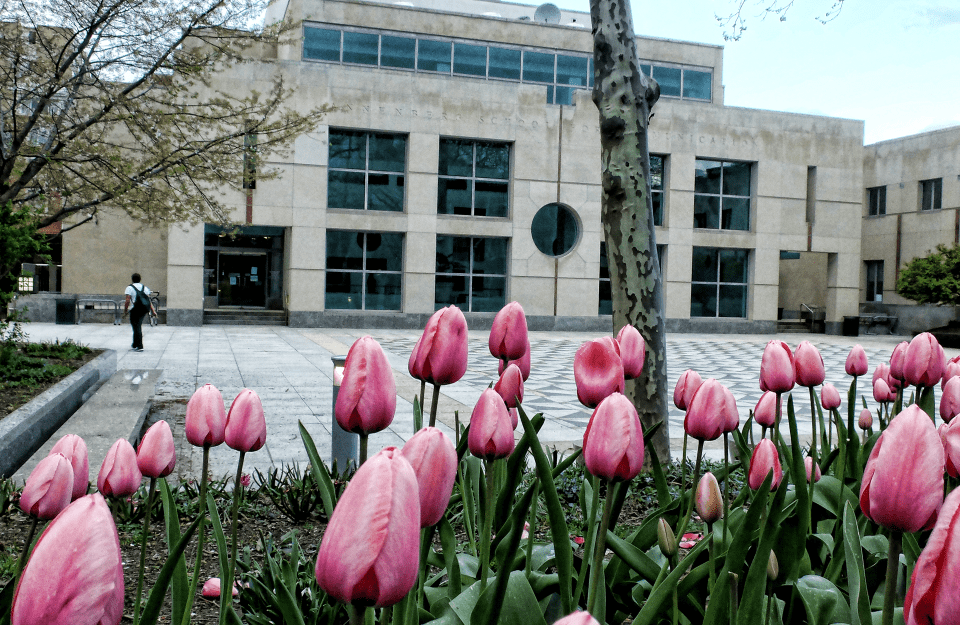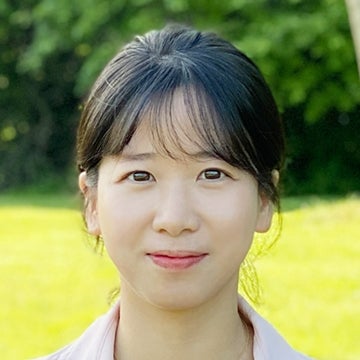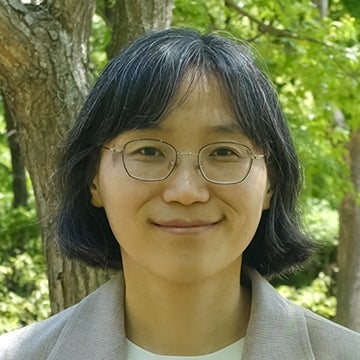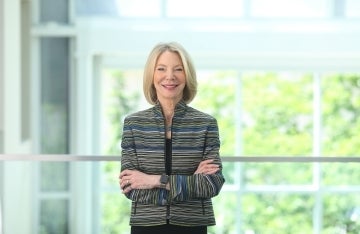Center on Digital Culture and Society Announces Two New Postdoctoral Fellows
Dasol Kim and Woori Han will join the Annenberg School this fall.

The Center on Digital Culture and Society (CDCS) is pleased to announce its third cohort of postdoctoral fellows. Dasol Kim and Woori Han were selected out of a large pool of applicants from around the world. They will bring exciting new research agendas to the CDCS research clusters on Digital Race, Digital Activism, and Digital Feminism. Their scholarship dovetails with the work of two CDCS doctoral students’ working groups on Critical Race and Communication (CR&C) and Digitality, Embodiment, Affect, and Performance (DEAP).
“I’m thrilled to welcome Dasol Kim and Woori Han to CDCS and the Annenberg School,” said CDCS director Guobin Yang. “I’m particularly happy to have Dr. Han as a joint CARGC-CDCS postdoctoral fellow who will help build stronger connections between the two centers.”

Dasol Kim studies contemporary issues of race and gender in digital media spaces, with a special focus on influencer culture, platform economy, digital activism, and the transnational connection between East Asia and the US. Her work has been published in the International Journal of Communication and presented at the annual International Communication Association (ICA) and the National Communication Association (NCA) conferences. She is completing her Ph.D. in the Department of Communication at the University of Massachusetts Amherst.
As a CDCS postdoctoral fellow, she will be working on a book manuscript titled K-beauty Project: Transnational Beauty and Digital Media Platform that examines the commodification of race, gender, and local culture with a case study of Korean beauty discourse on YouTube. Centering on “Asianness” and Asian American beauty, YouTubers have paved successful careers, garnering a wide range of viewership, and launched their own beauty and fashion lines. Their unique use of “Asianness” as a branding point, especially among Korean American entrepreneurs who self-claim as K-beauty ambassadors on social media, reproduces the trope of Asian femininity as exotic and hyperfeminine. Their marketing of K-beauty is deeply connected to the web of social relations in Western culture, such as racialized and gendered influencer culture and ‘ornamental’ Asian and Asian American femininity. This project also tackles multi-layered racial dynamics and inter-cultural power relations evident on YouTube by examining the Black Girl Tries Korean Makeup intercultural video series. She will also be working on an article titled “K-pop, Black Lives Matter, and Transnational Digital Activism Building,” which theorizes transnational solidarity building by Black K-pop fans.

Woori Han holds a Ph.D. in Media and Cultural Studies from the Department of Communication at the University of Massachusetts Amherst. Her research centers on media and cultural activism in the late capitalist, patriarchal, heteronormative, and transnational Korean context. In particular, she examines how digital media and cultural production has become a critical site where contested global and local sexual politics and networked affect can construct social movement, backlash, and new subjectivities.
During her fellowship, she is working on a book manuscript on how LGBTQ Koreans organize activism and claim citizenship in a process of media and cultural production that engenders tension with right-wing anti- LGBTQ movements, Korean developmental nationalism, and global liberal identity politics. She will also look at the relationship between queer politics and feminist politics in Korea, which are being reconstructed by digital media practices and geopolitical contexts. Woori’s research on feminist cultural movements, feminist media critiques, and queer cultural activism has been published in Communication, Culture & Critique, Media, Culture & Society, and Korea Journal. She is a recipient of top student paper awards from ICA and NCA.



